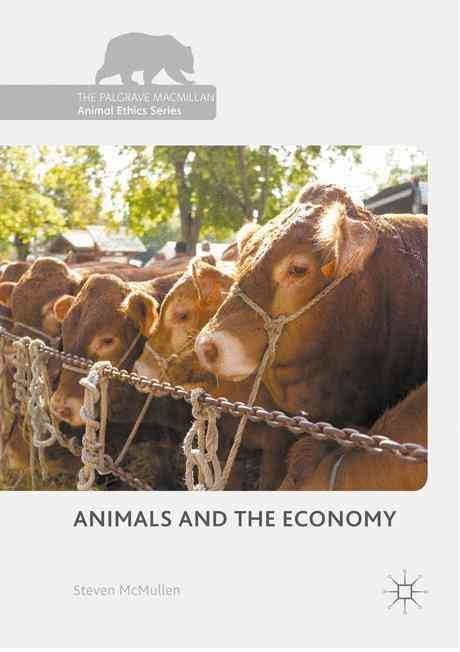
Animals and the Economy
This book explores the economic institutions that determine the nature of animal lives as systematically exploited objects traded in a market economy. It examines human roles and choice in the system, including the economic logic of agriculture, experimentation, and animal ownership, and analyses the marginalization of ethical action in the economic system.
Animals and the Economy demonstrates that individual consumers and farmers are often left with few truly animal-friendly choices. Ethical participants in the economy must either face down an array of institutional barriers, or exit mainstream markets entirely. This book argues that these issues are not necessary elements of a market system, and evaluates a number of policy changes that could improve the lives of animals in the context of a market economy.
Digital Life Together: The Changing Landscape of Christian Schools
By David Smith, Kara Sevensma, Marjorie Terpstra, and Steven McMullen
Digital technologies loom large in the experience of today’s students. However, parents, teachers, and school leaders have only started to take stock of the ramifications for teaching, learning, and faith. This book walks educators, leaders, and parents through some of the big ideas that are hidden in our technology habits. Moving beyond general arguments for and against digital devices, the book draws from extensive interviews, surveys, classroom observations, and school records to examine the real impact of technology on Christian learning.
Based on a three-year, in-depth study of Christian schools, Digital Life Together offers resources to inform conversations in school communities about the role of digital technologies in students’ formation. With its wealth of new research findings, its short, readable chapters, and its accompanying discussion questions, it sets the stage for individual reflection, book club discussions, professional development conversations, or strategic reflection by school leaders. Drawing upon cutting-edge research and insights from parents, administrators, teachers, and students, the book challenges readers to consider the impact of digital technologies on the faith commitments and practices that shape learners.
Combining new research findings and real-life examples, the book invites Christian educators and parents to reflect critically on what it means to build digital life together. It examines how mission, beliefs, and practices shape and are shaped by digital technology use. It documents how teachers and students are using technology, the opportunities and risks that they are encountering, and the hopeful ways forward that they are finding.
Should Wealth Be Redistributed? A Debate
By Steven McMullen and James Otteson
A central contested issue in contemporary economics and political philosophy is whether governments should redistribute wealth. In this book, a philosopher and an economist debate this question. James Otteson argues that respect for individual persons requires that the government should usually not alter the results of free exchanges, and so redistribution is usually wrong. Steven McMullen argues that governments should substantially redistribute wealth in order to ensure that all have a minimal opportunity to participate in economic life. Over the course of the exchange, the authors investigate a number of important questions. Is redistribution properly a question of justice, and what is the appropriate standard? Has the welfare state been effective at fighting poverty? Can we expect government intervention in the economy to be helpful or counterproductive? Are our obligations to help the poor best met through government action, or through private philanthropy and individual charity?

